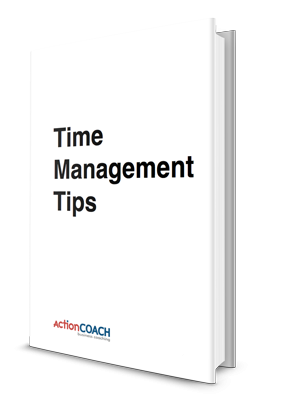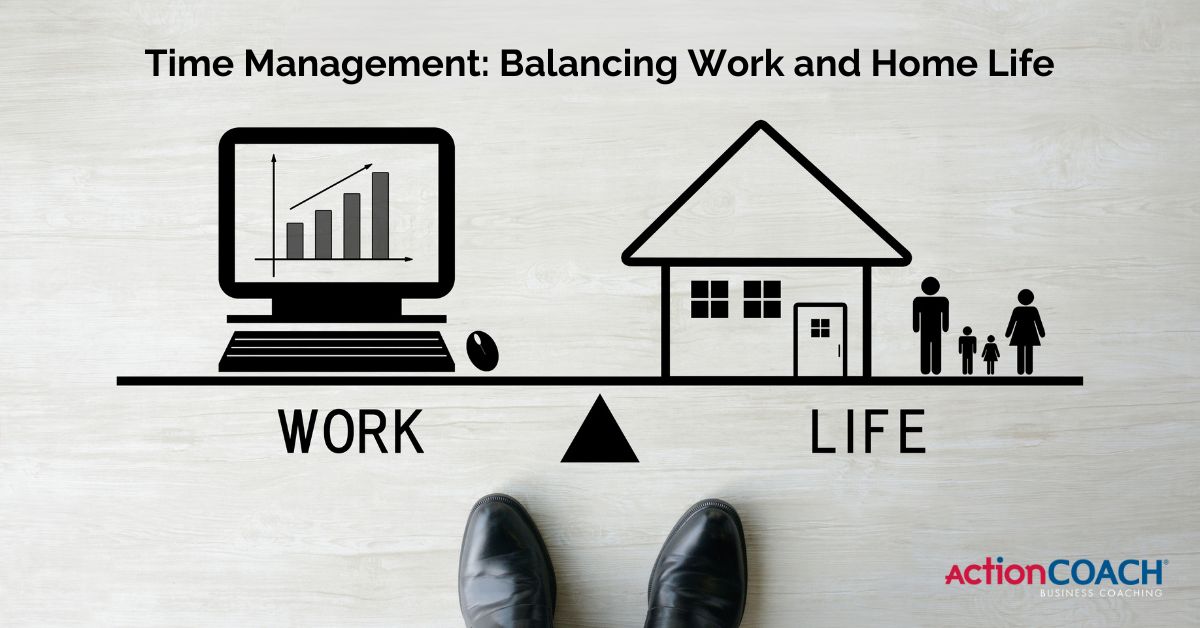4 Big Impact Productivity & Time Management Ideas For Creatives
Here’s a talk I gave for The Royal Institute of British Architects in 2016. These ideas apply equally well to any creative entrepreneur who’s looking to be more productive.
- Choose to work with A grade clients
- Stop over-servicing
- Stop being a control freak and learn to delegate
- Focus only on the tasks that are truly important
Transcript:
Every Monday morning, I wake up at my usual time and have my usual morning routine, but on Mondays I also wake up my 4-year-old daughter, Avina. I help her get ready. We have breakfast together. Then around 9:10, we will leave the house and take a short walk to her nursery school.
On that walk she would tell me about what she’s got planned for the day, who she’s looking forward to talking to and hanging out with. And then at the nursery, I will settle her in and we say our goodbyes and then I take the short journey into my office arriving in time for my first meeting in the day at 10 o’clock in the morning.
Now this is our Monday routine that we followed over the years and it’s our daddy-daughter time that I greatly value and cherish. And yet for many business owners like myself who are running a business, the concept of starting the working day at 10am is highly unusual and yet it is something I’ve been able to do and do consistently over the years.
The many surveys conducted of UK business owners and leaders have found that the biggest challenge they face in their business is not acquisition of new customers or team performance or even improving cash flow, it’s actually a lack of time. UK business owners and leaders work an average of around 60 hours a week.
Our own analysis backs this up. Of the more than 500 business leaders I’ve spoken to directly and in depth over the years, nearly 90% of those we spoke to have expressed the need to lower their working hours from a typical average of around 60.
So 60 hours is the norm for people, wow! What’s that actually like for people working those hours? What’s it like for yourself? Especially if you have other things you would like to be doing with your time.
So if you assume an 8 am start to the working day that’s 8 am to 8 pm every day. And for those who have a family what I’ve seen is that they are typically finishing those last few hours late at night after the kids have gone to bed.
So this volume of hours is a very real challenge for leaders. Yet there is a conflict as many tell me that working this high volume of hours is necessary to be successful in getting the job done. That if they just keep pounding away hour after hour, day after day, that shared volume of hours will surely lead them to be successful in achieving their goals and dreams. Surely?
We’ve just heard a definition of a busy fool. Running and running and running, but never moving forward.
This is the person who says to me, “Parag, there’s 168 hours in the week, I am just gonna work as many as I physically can. It’s just what you have to do.”
Well in start-up mode those extra hours and efforts are generally required to get the operation moving, but my question to you here is how many of you are still working like that startup 5 years later or even 10 years later? How sustainable is that workload for you?
Nobody on their deathbed ever wished they’d spent more time in the office working. Maybe these people just like being martyrs to the cause at the expense of all else.
Yet the issue here is more of self-mastery than time mastery. I love this quote from Jim Rohn, “Don’t wish it were easier, wish that you were better”. We all have the same number of hours, minutes, and seconds in the day, it’s how you choose to use that time that really makes the difference.
Many leaders I’ve coached have shifted from that martyr-like existence of working 60, 70, or even 80 plus hours per week all the way down to 10 hours or less. One of my clients owns a PR business in London and he is currently in his 10th month out of the office. He is travelling around South America fulfilling a number personal ambitions and dreams that have nothing to do with his business, and yet his business continues to operate without him and grows year on year.
Now I can almost see what some of you are thinking here, “Parag, I love what I do, why would I want to reduce the amount of time spent pursuing my passion?”
What I am talking about here is having the power to decide your ideal balance between time spent working versus time spent on other things. It’s about you deciding rather than being obliged to work a certain number of hours in a certain way.
So how do you change this reality? There have been umpteen number of books and resources written about time management. Everything from how you plan your day, prioritise, manage emails and so on.
I don’t propose to go into those strategies today because they have been so widely documented. Many of those strategies are also available on our website and I do run separate longer seminars that go into a lot more depth on those.
Instead, what I want to focus on today are some rather more challenging, but bigger impact strategies that have been proven to work especially for creative businesses.
1. Choose to work with A grade clients
The first one being, your choice of client.
All clients are not the same. There are those that hassle you, that seems to take great pleasure in demanding every single piece of your time and that of your teams. They are the kind of people that seem to want something for nothing and never seem to be happy. They are generally a complete pain to deal with.
We call these the D grade clients. Now the clients who are the opposite in characteristic are our ideal clients or A grade clients.
We should all choose to work with A grade clients of course, yet so many choose to work with the D grades because they feel they have to, because they need the money. However, the better approach should be to be working harder on your marketing, to ensure you can find more of those A grades rather than resorting to working with the D grades out of complete and utter desperation.
2. Stop over-servicing
The second strategy I want to share is to stop over-servicing.
I call this the disease of the creative business. Many creative businesses provide considerable extra service at no extra fee.
When I’ve coached these businesses to measure what they are actually providing against what was agreed, we found that the service levels are often 50% or more than what was agreed, much to the complete shock of the business. This excessive time of course destroys the profitability of the contract or even worse turns it into a loss-making piece of work.
The belief is, that the extra time will please the clients therefore leading to more – more repeat business and more referrals. However, where a culture of over-servicing exists in the business taking place across multiple clients as it usually does.
The only result is that there cannot be sustainable profit or cash flow in that business unless they borrow heavily. Therefore, that company’s future as a going concern becomes more and more in doubt.
So over-servicing is an extremely high-risk strategy, yet remarkably common. Instead creative’s of all kinds must value themselves and the service they provide far, far more highly.
This topic of how you value yourself more highly and how you better demonstrate that to your potential clients is a major topic, so it is one I will be exploring in more depth at another one of my RIBA seminars.
Linked to this over-servicing issue is the need to measure how much work is actually being provided for the client. It is essential to ensure that time related to the contract or job has been properly budgeted for, and that the actual time being spent on that job is being tracked usually through some form of timesheet system so that any issues of over-servicing can be spotted and managed quickly.
3. Stop being a control freak and delegate
Another major cause of excessive hours arises from the need of being in control.
Yep, these are our control freaks. These are the, “nobody-can-do-it-better-than-me people”. They are terrified of giving away control for fear that somebody in their team might make a mistake because they have never made a mistake of course.
Sound like anyone you know?
Well, as the business grows, the number of client grows. When the leaders are still trying to cling on to control, feeling the need to be involved in every single little decision rather than training the team and trusting them, what’s the only result that can happen? Ultimately, their work becomes completely overwhelming.
4. Focus on the tasks that are truly important
So my final point is about the importance of daily focus.
The most efficient time managers are able to focus on the few things each day that are truly important and therefore rigorously able to apply the Pareto Principle. This states that 20% of the work that you do will generate 80% of the results you achieved.
So I’ll leave you with a quote from Steve Jobs and to me this is really about how important it is to constantly evaluate what you are doing and why. And it says…
“Deciding what not to do is as important as deciding what to do”.
And to continue that theme, people think that focus means saying yes to the things you’ve got to do and got to focus on, but that is not what it means at all. It means saying no to the 100 other good or even great ideas that are out there, you have to pick carefully.
My last thought is that I’d urge you to take action after this talk even if it is just one of the strategies I’ve shown you.
These are challenging to implement which is why we as coaches are here to help, but at least if you can give it a go, there will be a great return from your time today.
Thank you.




